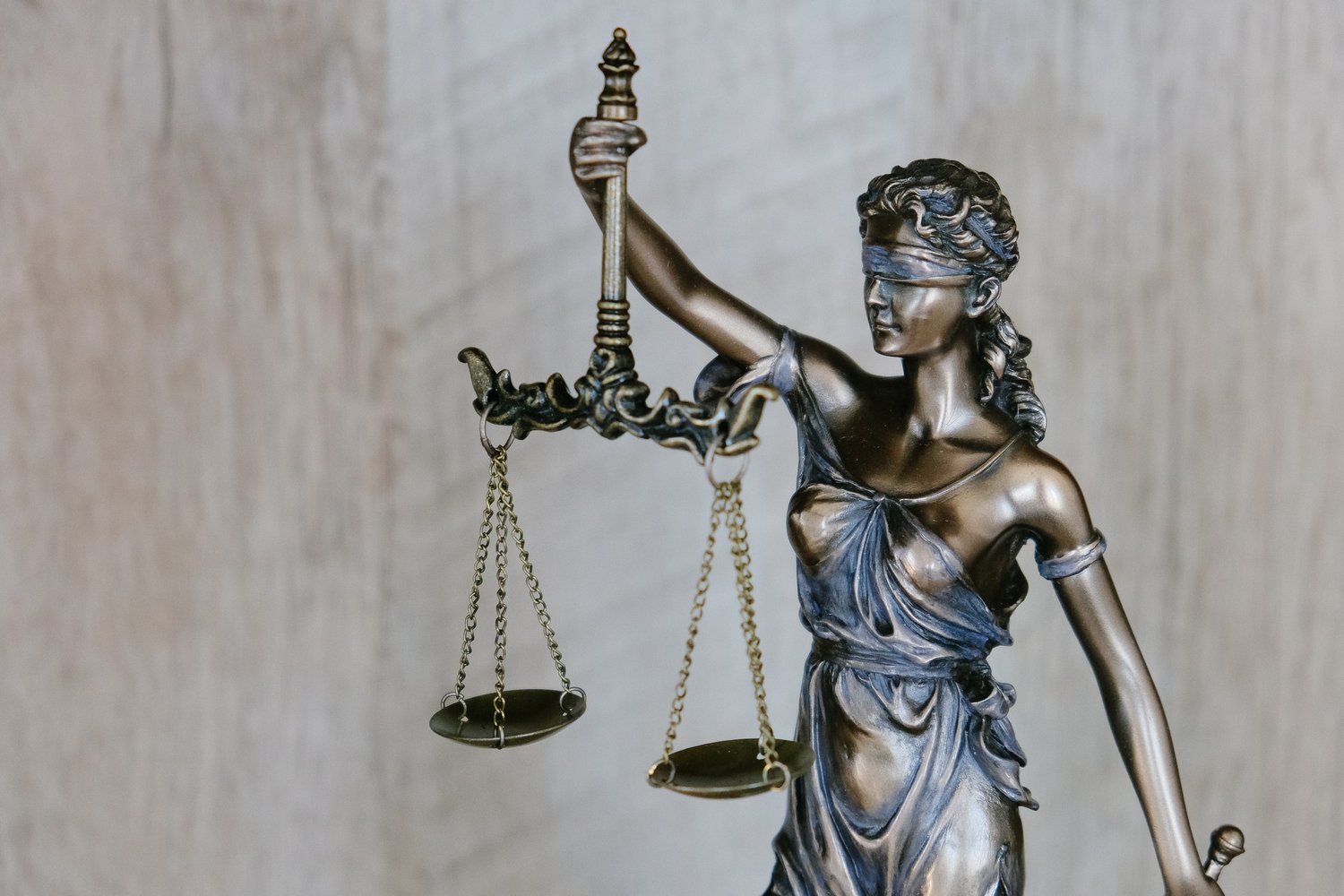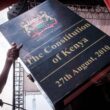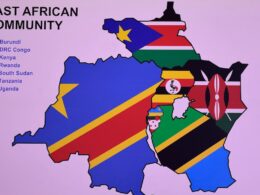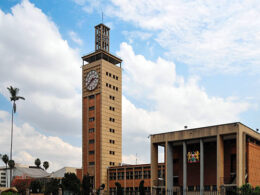NAIROBI,Kenya – Recently a coalition of experts gathered in Hamburg, Germany, to draft a groundbreaking International Anti-Corruption Treaty. The initiative is being spearheaded by Integrity Initiatives International (III), which is collaborating with civil society organisations (CSOs), eminent persons, scholars, and governments. This coalition aims to lay the foundation for an international mechanism and court dedicated to tackling corruption.
Corruption is alarmingly pervasive in Kenya and many other countries across Africa and the Global South. Corruption indices paint a grim picture, revealing how corruption severely undermines service delivery, deepens inequality, and exacerbates extreme poverty while enriching a select few. The root of this problem is that many countries in the Global South struggle with weak or compromised national institutions, which are often unable or unwilling to prosecute high-level corruption effectively. The transnational nature of modern corruption further complicates matters, necessitating international cooperation to address the issue.
The proposed treaty and establishment of a Court (IACC) would offer an independent and impartial platform to address cases of grand corruption that national courts are unable or unwilling to prosecute. The need for such a mechanism is underscored by high-profile corruption cases in Kenya, such as the Anglo-Leasing scandal in the early 2000s, the Goldenberg affair in the 1990s, “Chickengate” in the 2010s, and the National Youth Service (NYS) scandals of 2015 and beyond. These cases often involve complex cross-border elements, where corrupt officials exploit jurisdictional loopholes to evade justice. The IACC, through enhanced international cooperation and coordination, could ensure that these officials are held accountable, demonstrating the critical role of global unity in combating corruption.
Transparency International defines corruption as the abuse of entrusted power for private gain. In Kenya, corruption erodes public trust, weakens democracy, hampers economic development, and exacerbates inequality, poverty, social division, and environmental degradation. Sadly, Kenya ranks 126th out of 180 countries on the global corruption index. For over two decades, there have been calls for the Kenyan government to declare corruption a national disaster, but these calls have gone unheeded. In 2015, President Uhuru Kenyatta termed corruption a national security threat, highlighting the grave consequences it poses, including the potential for bribery to facilitate terrorist attacks.
If the international community agrees to establish a credible international court to combat corruption, it could serve as a powerful deterrent, particularly for high-ranking officials and powerful elites who might otherwise operate with impunity. The prospect of being held accountable on an international stage could significantly discourage corrupt practices.
Moreover, the IACC would contribute to establishing international norms and standards regarding corruption, reinforcing the notion that corruption is a global crime with far-reaching consequences. This could increase political will and public pressure to combat corruption at the national level, ultimately supporting the achievement of sustainable development goals.
The potential benefits of the IACC are immense. It could facilitate the recovery of stolen assets and improve the investment climate in African countries by fostering a more transparent and accountable governance environment. This, in turn, could attract more foreign investment, driving economic growth and development.
Kenya should join the European Parliament, Canada, Colombia, Ecuador, Moldova, the Netherlands, Nigeria, and the Democratic Republic of the Congo in supporting this initiative. While doing so, Kenya must continue strengthening its domestic mechanisms, such as asset recovery for unexplained wealth, which has shown promise. The Ethics and Anti-Corruption Commission’s (EACC) Annual Report for 2022/2023 highlights the success of such efforts, noting that the value of recovered property increased from KES 3.565 billion in 2018 to KES 28 billion in 2023.
Establishing the IACC represents a significant step forward in the global fight against corruption, and its potential to transform governance in Africa and the Global South cannot be overstated.
The writer, Demas Kiprono is the Deputy Executive Director – ICJ Kenya. This article was first published on the Standard Newspaper.











